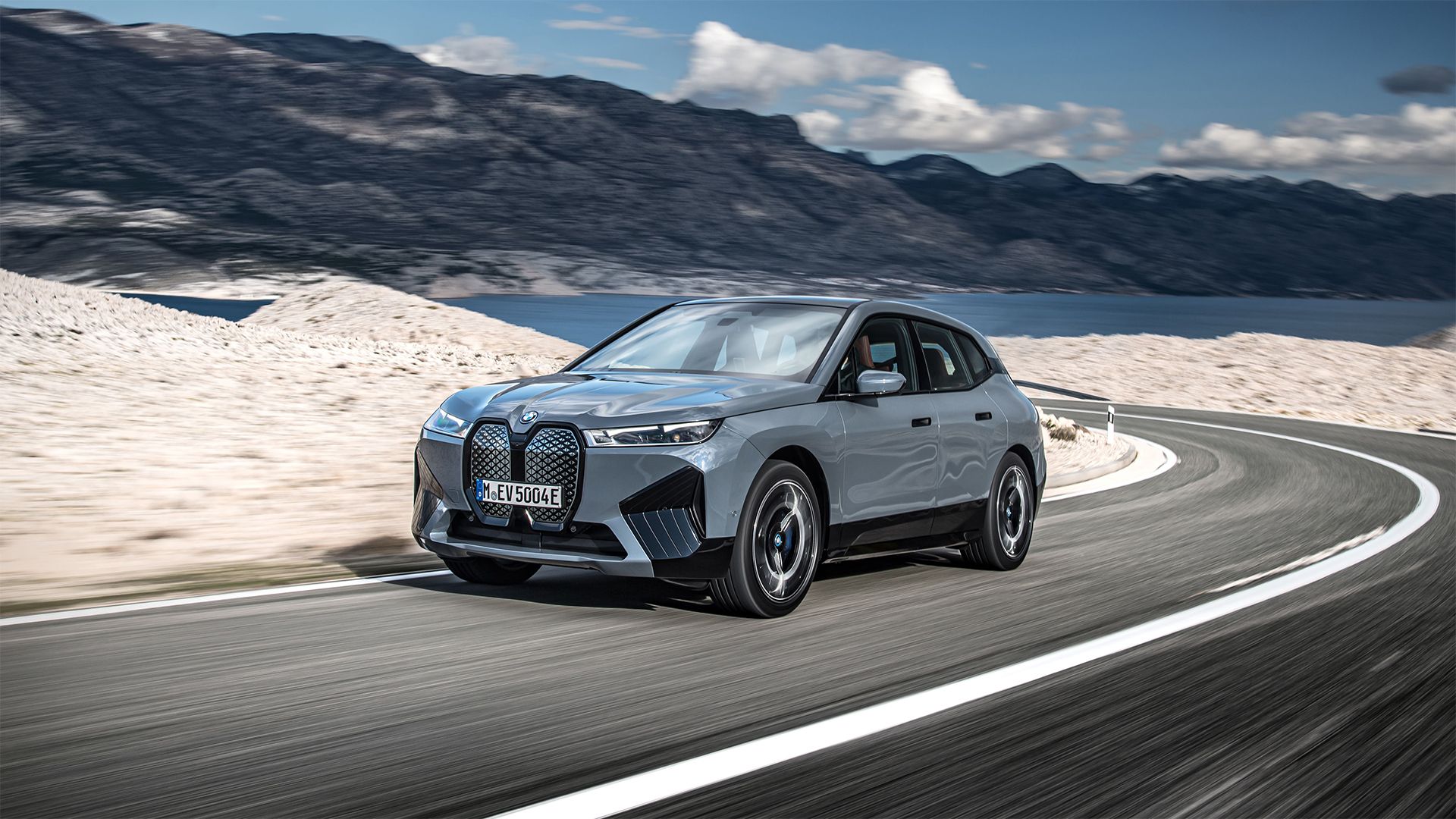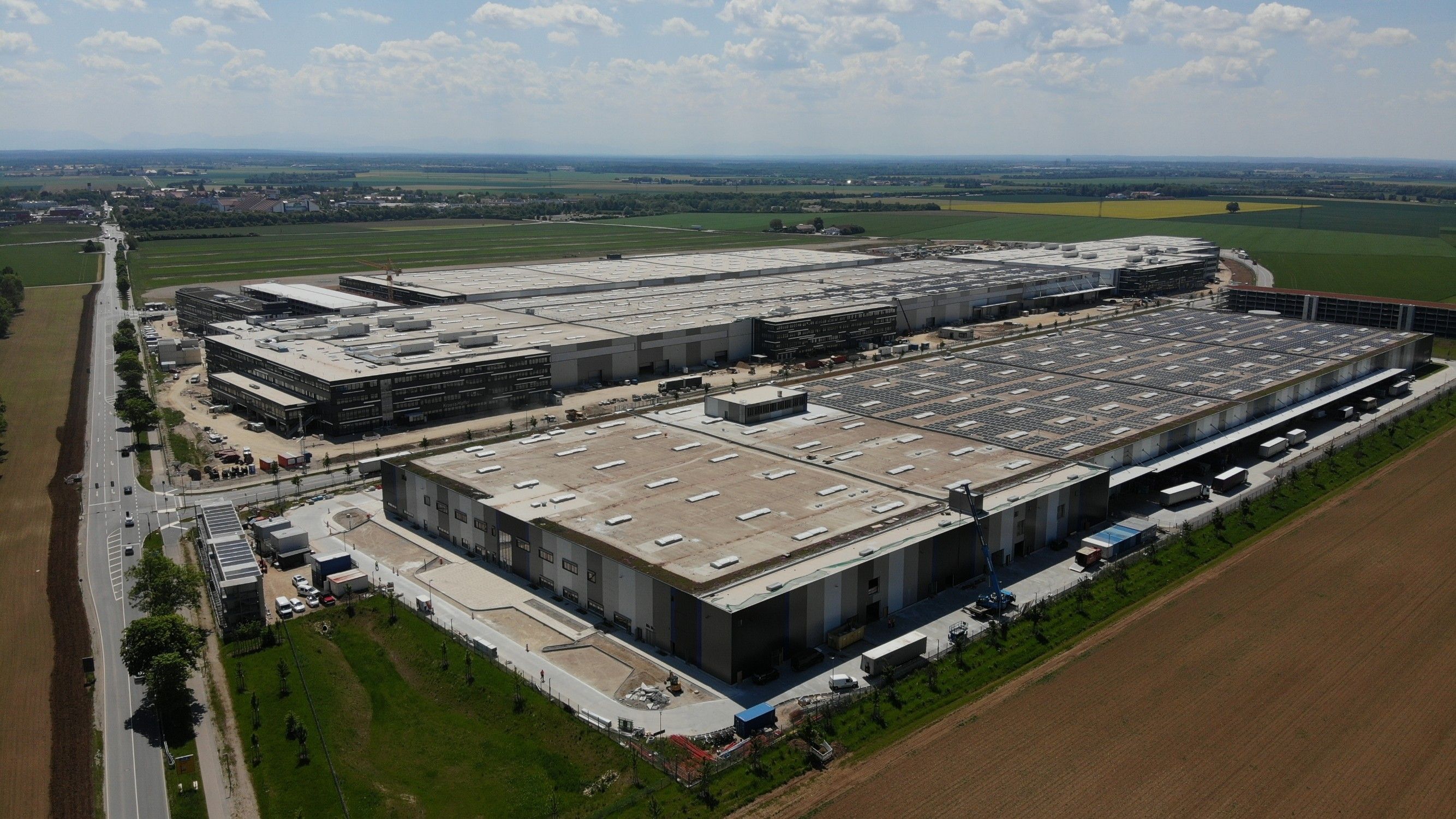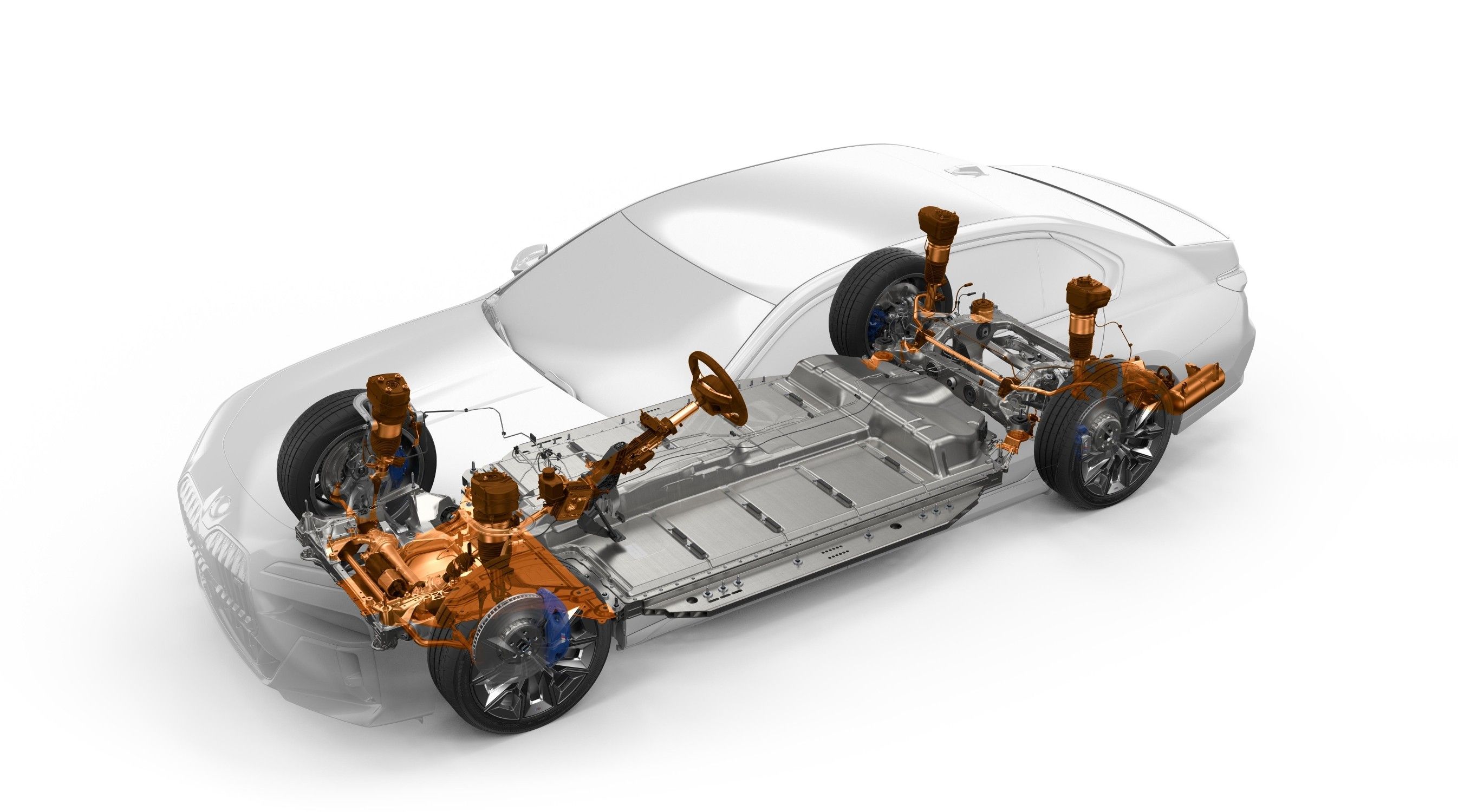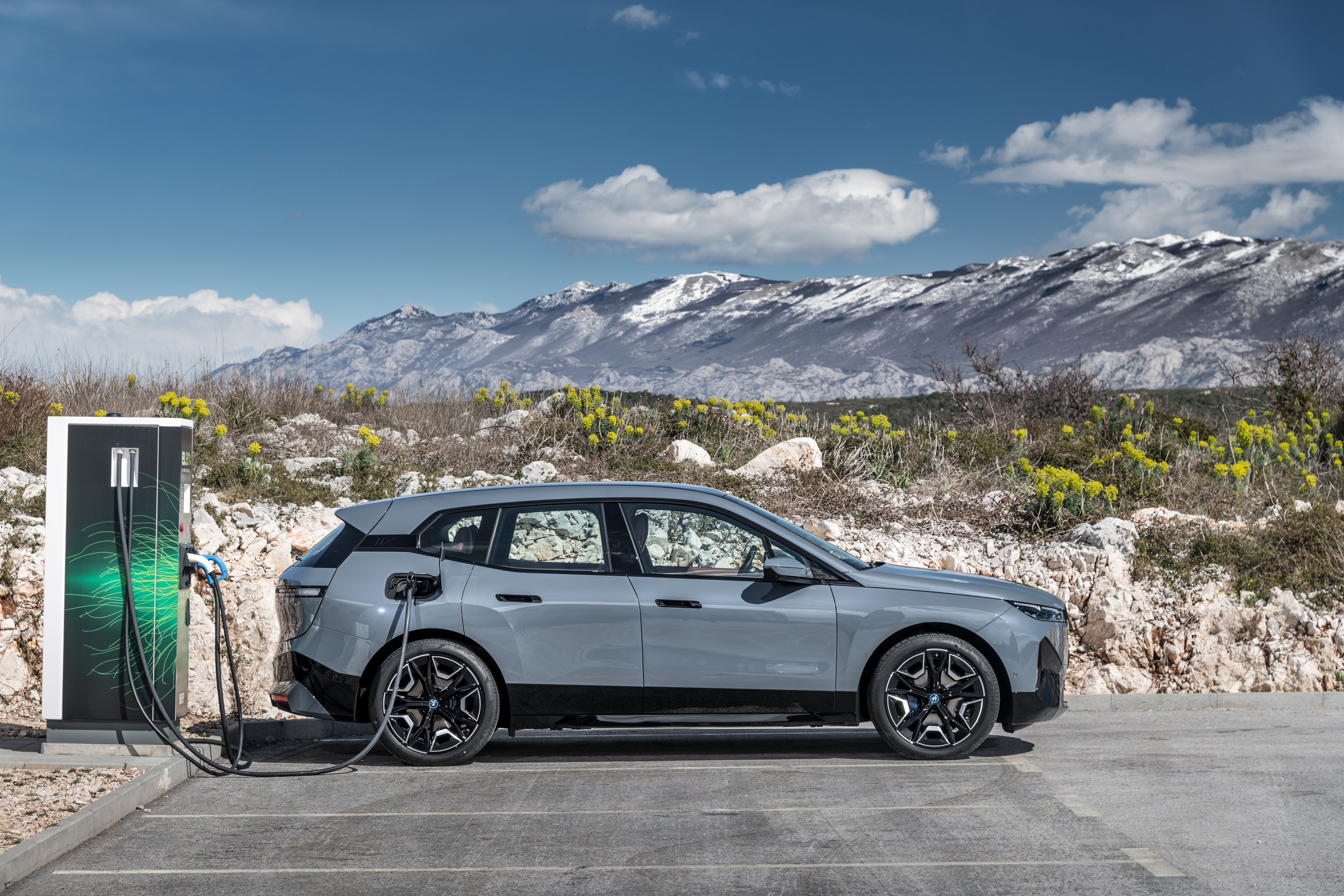Earlier this month, one of BMW's top engineers for its next-generation batteries think that we've reached the peak of what lithium-ion batteries are capable of. Any improvements from here on for the current lithium-ion batteries will mostly be focused on lowering their cost or improving their energy density. For us to truly meet our goals, the jump toward solid-state batteries is inevitable, and BMW is also on board with this tech.
BMW Deepens Its Relationship With Solid Power
It's a well-known fact at this point that BMW (along with Ford) is a major investor in Solid Power, a Colorado-based startup that aims to be the first company to commercialize solid-state batteries. BMW, however, has further invested in the startup through what they call an expanded Joint Development Agreement, and as a result, Solid Power will provide BMW with a research and development license that will let them acquire the company's cell design and manufacturing methods.
The days of lithium-ion batteries are numbered, though it could still be a decade from now when the battery tech becomes obsolete. For now, with this deeper partnership, BMW will be able to duplicate Solid Power’s pilot production lines at its own facility in Germany and produce prototype cells using Solid Power’s proprietary technology.
But That Deeper Relationship Doesn't Come For Free
Of course, the investment at Solid Power doesn't come for free, nor is it cheap. BMW will pay Solid Power $20 million through 2024 as part of the expanded Joint Development Agreement.
“BMW remains committed to the pursuit of all-solid-state batteries, a technology which we believe has significant potential for the future,” said Frank Weber, member of the Board of Management BMW AG, Development. “We look forward to working even more closely with Solid Power and adding the capability to produce solid-state cells based on Solid Power’s designs at our own pilot facility. We expect this agreement to accelerate the installation of our solid-state prototype line and our companies’ mutual goal of commercializing this promising cell technology.”
Solid-state batteries are not only significantly more energy-dense, but they're also safer. This is due to solid-state batteries using a solid material as an electrolyte as opposed to a liquid in lithium-ion batteries. A solid-state battery also uses lithium metal at the anode instead of carbon graphite. This is why BMW, just like a number of other electric vehicle (EV) manufacturers, is betting big on this next-generation battery tech.
“Expanding our relationship with BMW is further evidence that both companies believe Solid Power is on the right track with its technology development,” said David Jansen, interim CEO, president and chair of Solid Power. “I am encouraged by the progress our team continues to make toward achieving our company’s goals. Over the past several months, we began delivering 20 Ah cells to our partners, including BMW, for initial testing and commenced production of our initial EV cells. We look forward to bringing our electrolyte manufacturing facility online and commencing the formal automotive qualification process.”
Since the commercialization of solid-state batteries is most likely still a decade away, BMW is still refining and improving upon its EV tech with its upcoming Neue Klasse platform, which will feature the company's sixth-generation EV drivetrain and lithium-ion battery tech.




